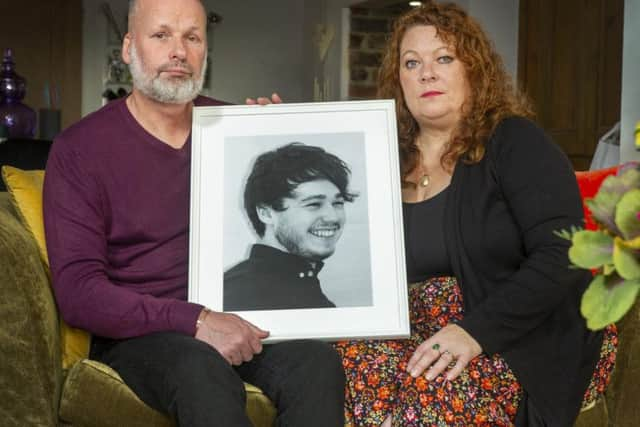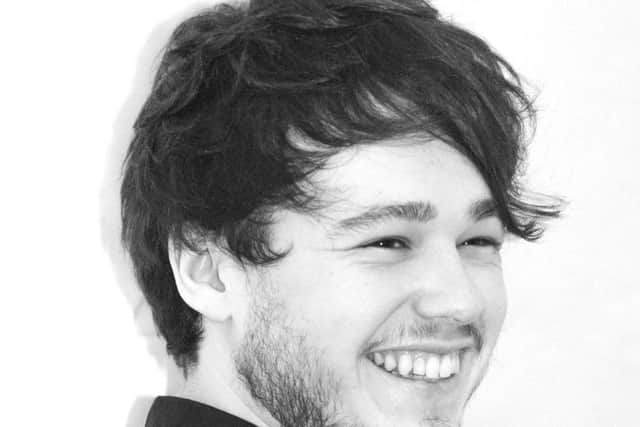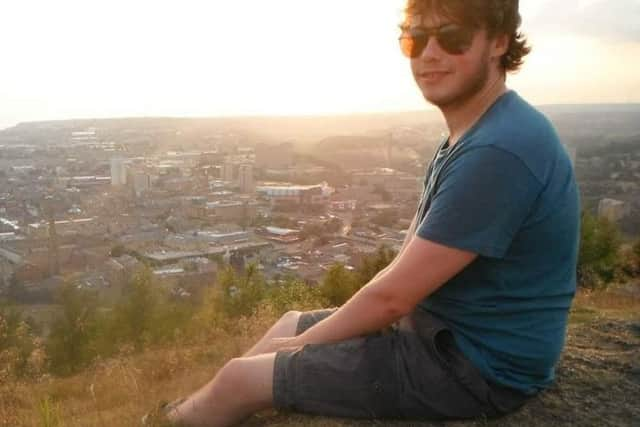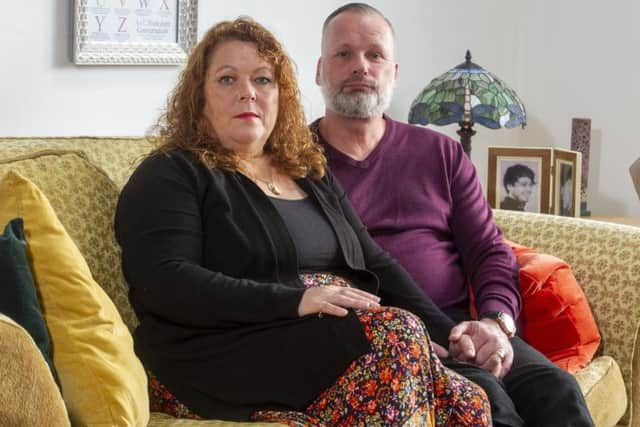Family's tribute to young Yorkshire musician Peter Doody after sudden epilepsy death
His parents hadn't known it was a possibility. They were oblivious to the warning signs as his risk of sudden unexpected death in epilepsy was rising.
The pain is still raw, but they are determined to action change, in the hope that no other family is torn apart by the trauma they've endured.


Advertisement
Hide AdAdvertisement
Hide Ad"We would do anything to turn back the clock," says father Andrew Doody, a retired detective with West Yorkshire Police.
"All the time the risk factors were rising for Peter, and we didn't realise. We could have coped with the truth had we known."
Every day, three people die from epilepsy in the UK, and it is among the top 10 causes of death for people under the age of 35.
Sudden Unexpected Death in Epilepsy (SUDEP) accounts for half of all deaths, yet research has found that under 20 per cent of clinicians openly discuss its risks with patients.


Advertisement
Hide AdAdvertisement
Hide AdThese discussions, the Doody family argue, should be held as a rule, rather than just as a guideline, and they are fighting to raise awareness.
Diagnosis
Peter's condition was diagnosed at the age of 17, after episodes where he would 'zone out'. Then came the tonic-clonic seizures.


He was determined not to let the condition bind his life, his parents say, and progressed to university as planned, studying production at the Leeds College of Music.
But through this time, his seizures were worsening, he was becoming increasingly tired. The risk signs for SUDEP were there, and neither Peter nor his family were aware.
Advertisement
Hide AdAdvertisement
Hide AdAt the family home, in Wyke, building work is underway. They had started an extension, just before Peter died, so he could have his own space.
The irony is that it's no longer needed, says mother Joanne, glancing quickly at the pictures of her two sons, Peter and his brother Harry, now 20, that adorn the walls.


Her pain is achingly evident, as is Andrew's. It had been a time for celebration, just before Peter's death.
Mr Doody had taken early retirement, they were looking to the future, and had just days before returned from a family holiday to Turkey.
Advertisement
Hide AdAdvertisement
Hide AdOn the Thursday night, Peter had gone to bed as normal, but had been found by his parents the following morning. It's a nightmare, says Mr Doody, that he relives every day.
"This is a trauma we have now," says Mrs Doody, 48. "It's devastated our whole family. Everybody is absolutely broken. My boy, lifeless.
"Peter was just amazing - I know all parents say that, but he was, so kind and easy-going."


Foundation
The family has set up the Peter Doody Foundation, as a support network for people with epilepsy between the ages of 19 and 30, and their carers.
Advertisement
Hide AdAdvertisement
Hide AdNot only do they aim to raise awareness around SUDEP, but about education to support those with epilepsy.
Once, when Peter had a grand mal seizure in the street, people had stopped to film him on their mobile phones, but nobody had known how to help.
There is a persistent stigma around the condition, they say, and too often it is suffered in silence.
Peter's parents' hope is to not only offer practical support for sufferers and their families, but emotional too, and they have already raised £13,000 for the foundation through festivals, charity events and donations.
Advertisement
Hide AdAdvertisement
Hide Ad"We want to normalise epilepsy," says Mrs Doody, who also works as a counsellor. "We want to offer support in whatever way fits best. We felt we had no support, so we want to give that to other families.
"This is Peter's legacy," adds Mrs Doody. "It's about saving lives, so that another mother, father, brother, doesn't have to go through this."
To find out more, visit peterdoodyfoundation.org
